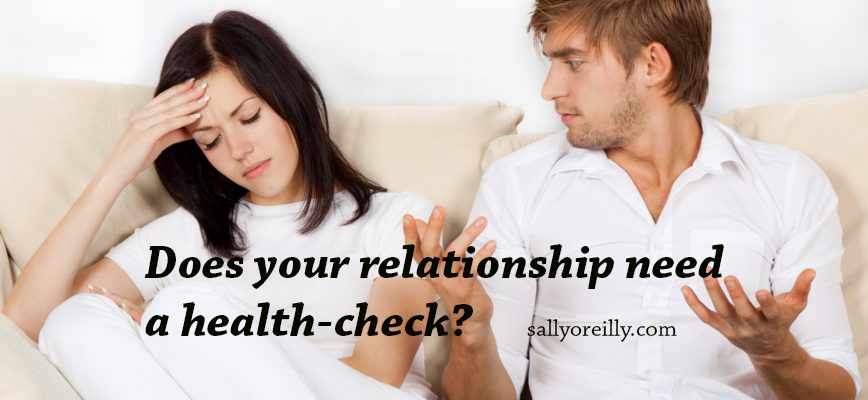“Is our relationship healthy? Is it normal? Are we OK?”
These questions come up all the time in therapy – actually, if you’re lucky, they come up over coffee with friends! You’ve maybe had those conversations, praying that your friends will say “Ya! – we fight more than you do actually – you have it sown UP compared to us!”.


